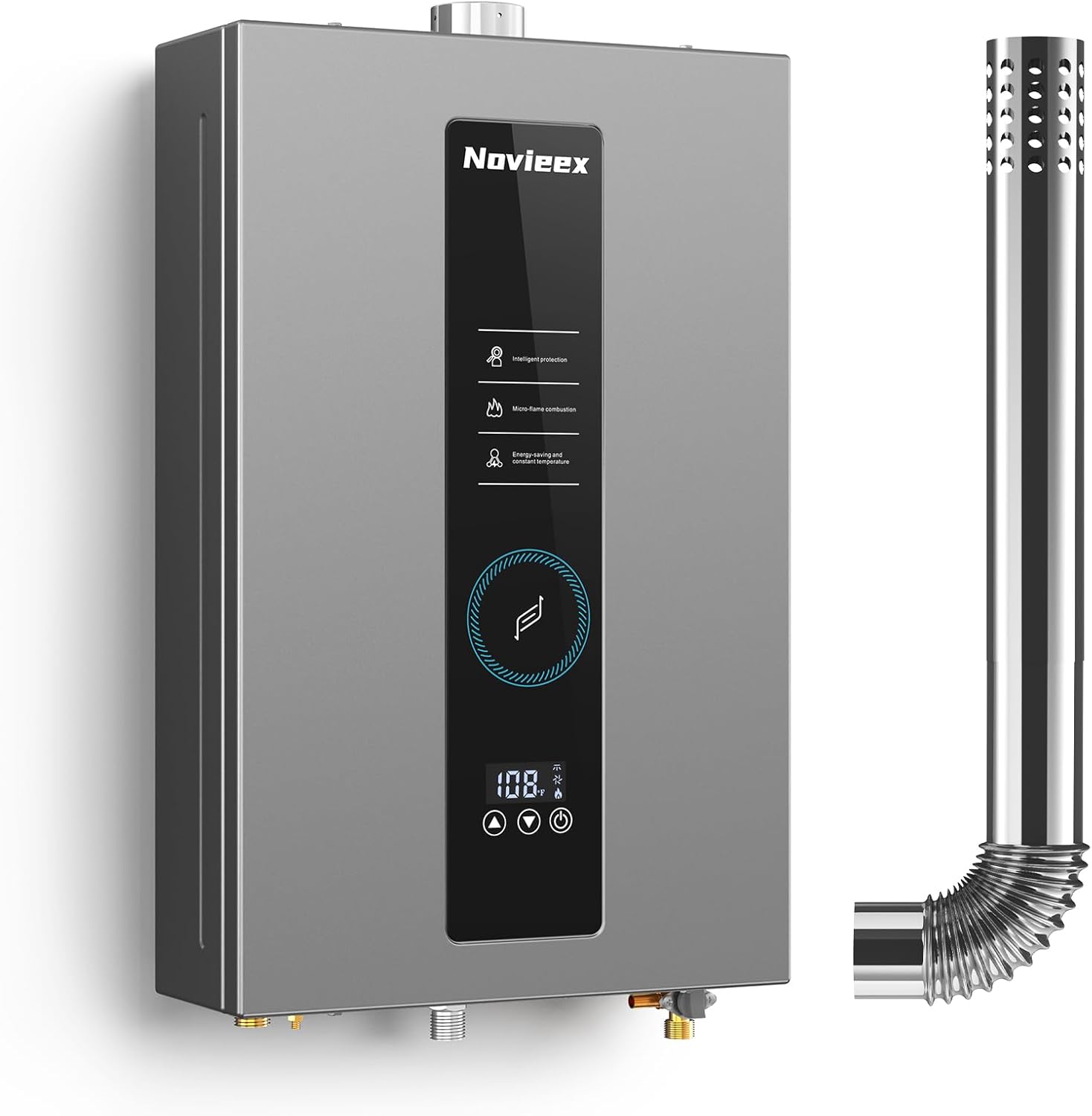Space heaters can cause fires due to overheating, improper placement near flammable materials, or faulty wiring, making safety precautions essential.
Space heaters cause over 1,700 fires annually in the U.S., resulting in 70 deaths and 160 injuries. Understanding how these fires start is crucial for winter safety. Unlike central heating systems, portable heaters bring heat sources closer to flammable materials, creating unique hazards.

How Space Heaters Ignite Fires
1. Overheating Nearby Combustibles
The CPSC reports most space heater fires occur when units are placed within 3 feet of flammable materials. Common ignition sources include:
- Curtains/drapes (32% of cases)
- Bedding (28% of cases)
- Furniture (19% of cases)
- Carpets (12% of cases)
2. Tip-Over Incidents
Modern units like the app-controlled space heaters often include auto-shutoff, but older models without this feature cause 40% of space heater fires when knocked over.
3. Electrical System Failures
Improper power connections lead to:
| Mistake | Result |
|---|---|
| Using extension cords | Overheating wires |
| Overloaded circuits | Electrical arcing |
| Worn plugs | Short circuits |

High-Risk Scenarios
Bathroom Dangers
Moisture increases shock risks. Consider indoor propane heaters designed for humid environments instead of electric models.
Sleeping Hazards
CPSC data shows 63% of fatal space heater fires occur overnight. The Missouri Fire Marshall warns against running heaters while sleeping.
Prevention Checklist
Placement Rules
- Maintain 3-foot clearance from combustibles
- Place on hard, level surfaces only
- Keep away from foot traffic areas
Electrical Safety
- Plug directly into wall outlets
- Use 14-gauge cords if extensions are unavoidable
- Inspect cords monthly for damage
Maintenance Tips
The National Fire Protection Association recommends:
- Annual professional inspections
- Immediate replacement of frayed wires
- Regular dust removal from vents
Special Considerations
For Homes with Children
Choose units with cool-touch exteriors and tip-over protection. The pet-safe heaters often work well for households with kids.
For Older Adults
Hyperthermia risks increase with age. Programmable thermostats help maintain safe temperatures without constant heater use.
Proper space heater use reduces fire risks significantly. Always prioritize models with modern safety certifications and follow manufacturer guidelines precisely. Install smoke detectors in every room where heaters operate for added protection.

